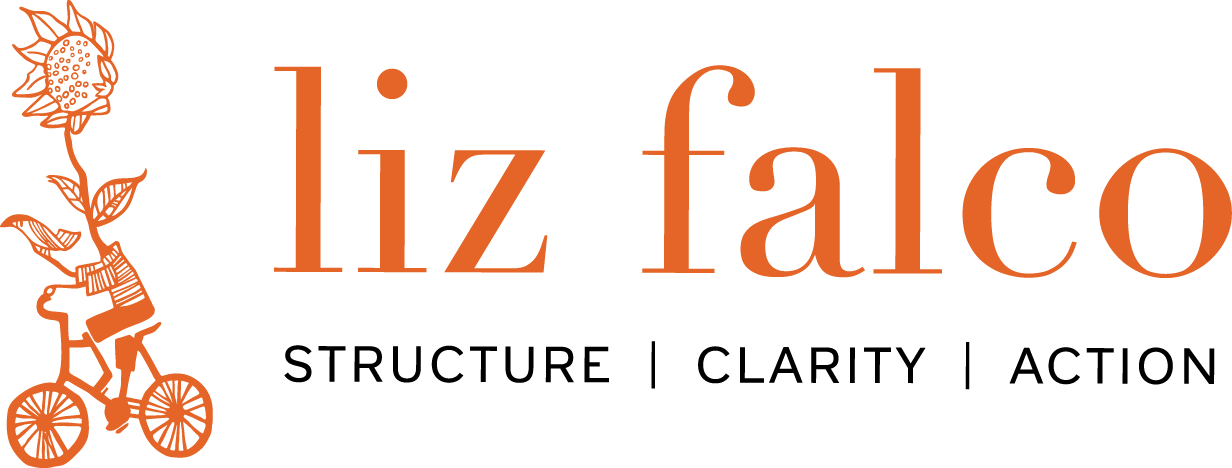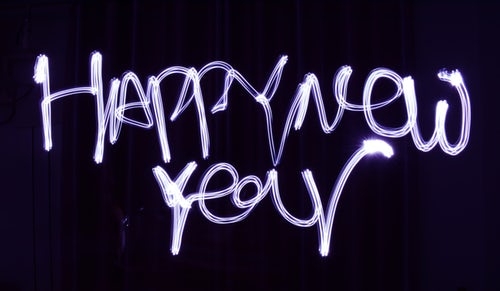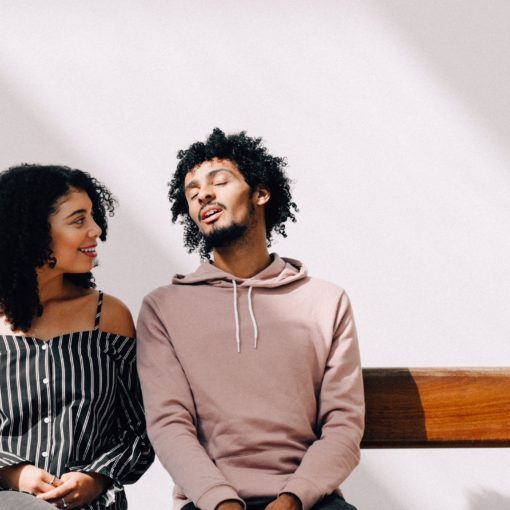Sometimes we have to be told. Sometimes we don’t know our own potential. When I was moving across the country many years ago, it was the clerk in the post office who told me I was courageous – I had no idea. On another occasion, when I was dealing with one of life’s hurdles, it was my father who told me that I was a courageous person and that I would get through it. Really, me … I was courageous? I didn’t know.
In my work, I admire the courage that I witness regularly in others:
- the school and community leaders who use their courage on a daily basis to make difficult decisions as described in In the River of Ordinary Courage
- in teachers and organizational leaders who, despite being surrounded by the fear and doubt of others, decide to take risks and innovate, and along with hard-work and conviction, realize their goals
- and perhaps most powerfully, in students – especially those who learn differently, or who don’t have personal support systems, who live with violence or in poverty and yet who remain optimistic and motivated to learn and participate. In his book, How Children Succeed, Paul Tough explains the power of fostering character (including courage) by giving children the right balance of support and autonomy.
I used to think that it would be great if we could ‘bottle’ up desirable character traits such as courage and feed it to our youth. But then I realized that they already have it – our role is to let them know they have it and give them the opportunity to use it.
Have you acknowledged a young (or not so young!) person’s courage recently?





